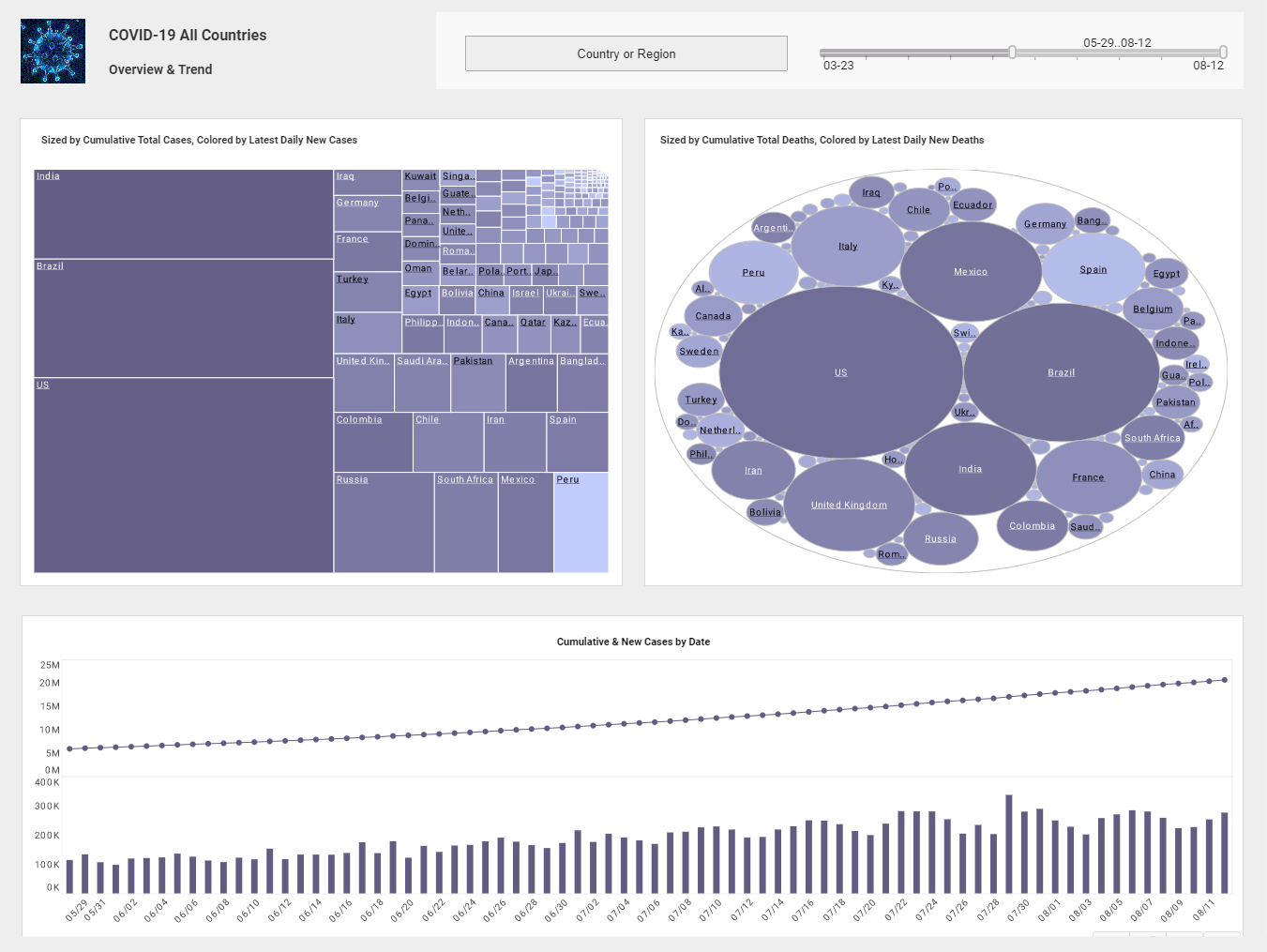The Most Time Consuming Aspect of Analytics
This is the continuation of the transcript of a Webinar hosted by InetSoft on the topic of "How to Implement Business Analytics." The speaker is Abhishek Gupta, Product Manager at InetSoft.
The first question reads, what is the most time consuming aspect of analytics?
It’s like a process where you’re processing raw material into some finished good. The finished good is insight, and the raw material is data. People generally tell us that the data part of that equation is the most time consuming. It happens to be not just my opinion, but the opinion of most people that I talk to. If It bears the most fruit, it’s the most worthwhile.
It may be the most time consuming and costly, but making sure that your data is accurate, making sure that it’s clean, making sure that you have basically rooted through to make sure that you capture the right sources of data, and that you are delivering it to the right people, that is the most important.
Think of it as a foundation of a house or a building. The stronger that the cleanliness and the usability of that data is, the stronger that the insight that is going to come out on the other end is going to be. So that’s typically is what I have seen. Besides being the most time consuming, it really is the hardest.
As much as we talk about Big Data and getting it out there, if you don’t take the time and investment to ensure the data quality and to cleanse the data and to standardize that information, it really still becomes that question, is this data accurate, and should I rely on it.
| #1 Ranking: Read how InetSoft was rated #1 for user adoption in G2's user survey-based index | Read More |
Best Investment for My Data
The other thing I would add is I think it’s important to spend more time on the use case and figuring out what would be the best investment for my data because there is so much data. Obviously you have to get it clean what. Where do I want to start? What's going to give me the biggest bang for my buck? Is it that predictive analytics the best use case, or is it more about customer behavior? Taking the time to figure that out will ultimately drive more success in the future.
Next question, are there are any manufacturing use cases for real time analytics?
So I actually noticed there was another question in there that asked what are the different types of data that are required in real time and within the hour or within the day or what not? It’s a great question, and it actually ties into the other one about manufacturing. I’ve seen a number of different pieces of research out there that talk about how data is growing, and where the growth is coming from.
If you start to think a bit in terms of terabytes and exabytes and zetabytes, and I don’t even know where we go from there. But the growth is obviously there, and there is significant growth in traditional data, transactional customer data, HR data, and traditional structured data. Of course there is major growth in social data as well text based data like Facebook posts and tweets and what not.
Another area is VOIP or voice data which frankly given everything going on in the news. I am sort of scared to mention that out loud, but that’s a major area for data growth. The other one is machine data, and I eluded to this a number of different times, and I also eluded to the use case of predictive maintenance several times. I’ve had conversations with analysts in manufacturing departments.and they talk about manufacturing analytics all the time.
This is the kind of thing that people can’t stop talking about in the manufacturing industry. Because of the relatively new ability for the equipment within their processes to generate the data in electronic form, it's generating it in real-time. The ability to perform predictive maintenance is largely predicated on the ability to understand that data in real-time.
 |
Read the top 10 reasons for selecting InetSoft as your BI partner. |
What Types of Data Are Needed In Real-Time?
So what types of data are needed in real-time? Well machine data for one, absolutely in many types of applications in the manufacturing world. Social data is probably not needed as much, but it is a great question, as well. In addition to real-time analytics for predictive maintenance, what are some of the other things that we’re seeing in the manufacturing space?
I think another important one is spoilage. I also think that you know lot of a CPG companies, which are manufacturing companies, are really interested in real-time promotions. Someone walks into a store, the company wants to know they just walked into a store and know what their interests are and be able to right there in the store provide an ad that will help them take advantage of something they might be interested. That’s a really real-time example that I see in manufacturing or a specifically that CPG companies are taking advantage of.
| Previous: Different Use Cases of Analytics |


